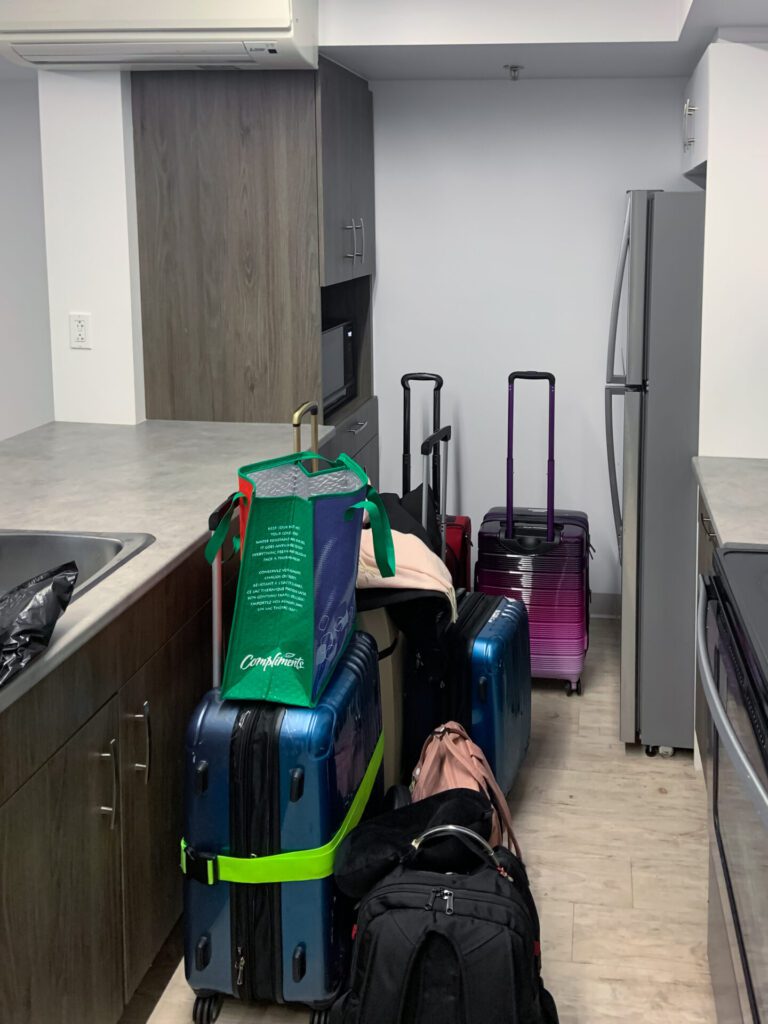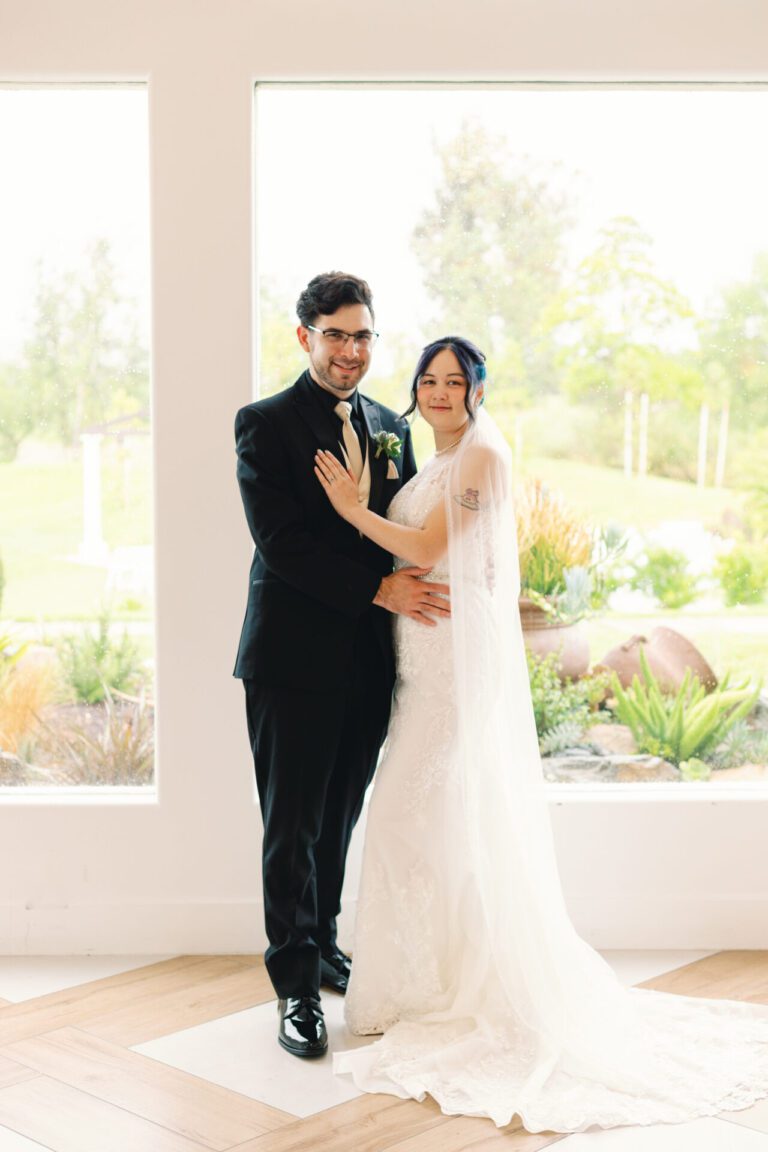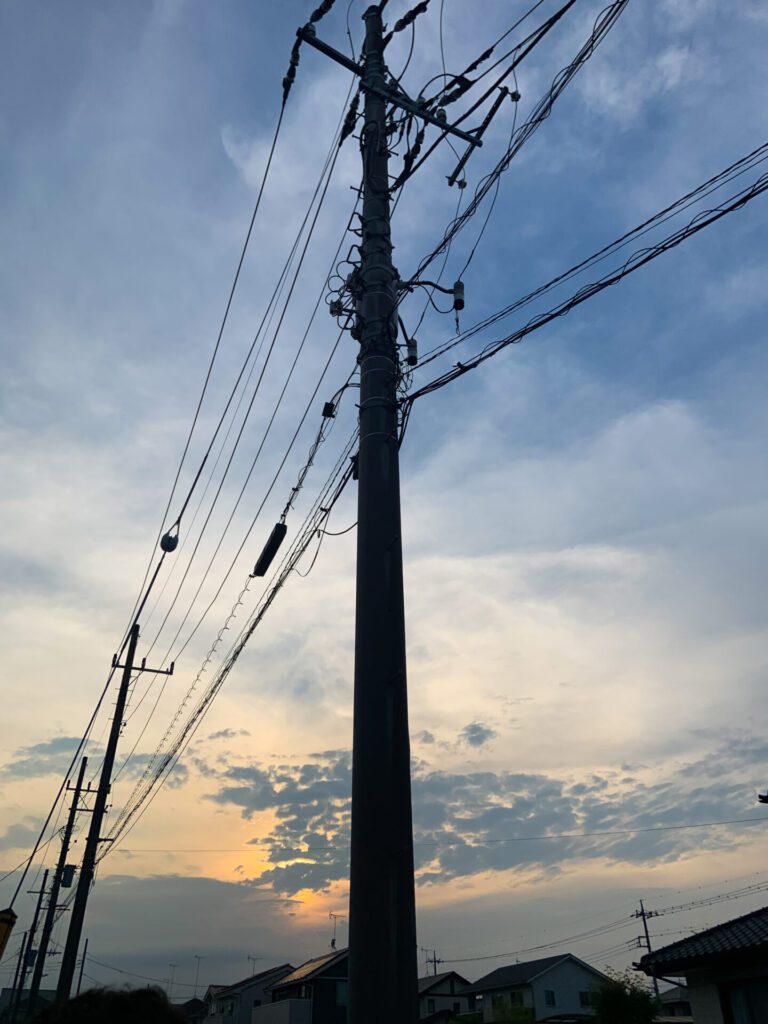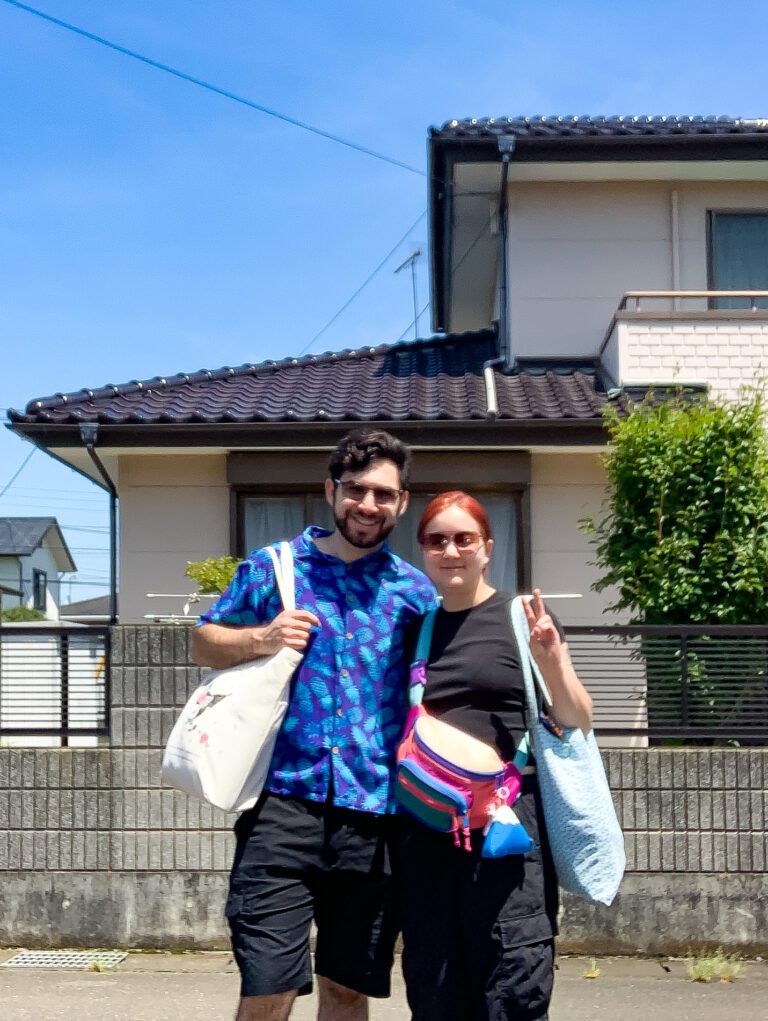When my husband and I decided we wanted to live in Japan, we had to formulate a game plan. Japan, while a beautiful, complex country, is also historically… xenophobic. This makes immigrating there quite difficult.
From the isolationism and closing of the country 鎖国 (sakoku) from 1603-1867 to its closure for almost three years during the height of the Covid pandemic, Japan has a long history of restricting entry to the country.
This means that some methods of coming to the country for work are relatively easy, while others are more difficult. There are specialized visas for skilled workers, but they can be notoriously challenging to acquire.
Coming to Japan
However, one of the easiest ways to enter Japan for English-speaking foreigners is to teach English. Since English is a required subject in every school, it’s still a highly sought-after job.
This is the path we chose. Although many people are interested in the JET Program, their Fall-start didn’t align with our plans. So we opted for another dispatch company.
Ramón applied for and interviewed at the company with success, and so began our journey.
We packed up our life in Montréal (we were there for his 9-month job contract), flew back to California, and began preparations for coming to Japan, including lots of paperwork, planning, and on top of that – a wedding.
And even though I studied abroad here in 2017, I had no idea how it would be to live on a dependent visa in Japan.

How do you become a dependent?

A dependent visa (家族滞在ビザ (kazoku taizai biza) allows you to stay with family members who have permission to reside in Japan. That could be a parent, spouse, sibling, etc. as long as they are financially responsible for you.
It meant we had a choice to make. We decided that he would work for a dispatch company while I looked for other work and helped us get moved in. But it also meant we had to get married… quickly.
Luckily, we’d already been together for 5 years, and it was good timing.
We had our wedding ceremony in August, which was amazing, but for legal purposes, we signed papers in January.
I didn’t even have time to change my name since visas are tied to your passport and therefore current name!
The general procedure for getting a Japanese visa:
- Apply for a Certificate of Eligibility (COE)
- A COE is a document issued by the Ministry of Justice of Japan and essentially provides proof of sponsorship by a company, school, relative, etc.
- It typically takes 1-3 months to process, and you usually need to submit particular documents and photos to your sponsor as they will process your application.
- Submit your visa paperwork (passport, application, photos, certificate of eligibility)
- Once your COE comes in the mail, you can prepare your documents and hop down to your closest Embassy to have it processed.
- For those residing in countries like China or Russia, other requirements and documents may apply – and can be found via the Ministry of Justice’s website.
*Be sure to conduct your own research, however as government documents and applications can change on a moment’s notice.
Our Experience
We applied for both of our Certificates of Eligibility at the same time through his company and filled out our visa applications as soon as they came in the mail. Then we dropped them off at the Los Angeles Embassy… which was a little harrowing in and of itself.
It was honestly nerve-wracking to send in our visa applications, fingers crossed that they would be processed in time. Luckily Ramón’s was; I had to wait an extra couple of weeks for mine since my COE was processed after his.

A major upside to the dependent visa is that it gives me some time to look for work and get settled in the country. I have time to get my Japanese driver’s license and do other government-related tasks. I can ride my bike into town and pick up a few things at the store when it’s not busy. And I can work on myself in the meantime.
There is some food for thought here though. While being a dependent looks decent on paper, it also comes with very real restrictions. For example, to be a dependent, you cannot work without express permission from the immigration office (study-abroad students can get this permission at the airport).
Even then, you are restricted to no more than 28 hours of work per week. And you’re prohibited from making over a certain threshold of money – it’s commonly agreed that you shouldn’t exceed about ¥1,300,000 (about $9000) per year – but this can vary. That is to say, you must be financially dependent on your spouse or family.
Housewife Life
While I have spent the last nine or so months honing my skills by taking online courses, scripting my webcomic in earnest, and starting this very blog, it has been an uneasy transition.
Ever since graduating college in January 2020, I’ve been working. Even through the pandemic (very thankfully) I had a steady job that felt solid under my feet.
Not having a day-job to go to every day has definitely left me with questions of how self-worth ties into praise at our jobs, and other existential thoughts. And I’m the type who needs something anchoring me and keeping me busy.
Although a break from the fast-paced nature of work in LA has done me some good too.

And since I haven’t been working here, I’ve essentially taken on the role of “Housewife” aka 主婦 (shufu). When I signed up for a bank account, they corrected me when I said I was simply unemployed – being a housewife really is its own job – hah.
And by the way, men can be househusbands too 主夫 (shufu). But I do try to keep apprised of our expenses and do household upkeep since I’m home anyway.
While I can’t speak for anyone else’s experience, I think being a dependent has given me some freedom to work on some important aspects of my life, like taking online classes and working on my art.
Leaping into an uncertain life here in Japan has been exciting and difficult in equal measure. I’ve had the pleasure of visiting friends in Tokyo multiple times, and I’ve been enjoying the intense Japanese seasons by going out with my husband.
Plus, I had plenty of time to go through the driver’s license transfer while at home. So if you want to learn more about getting your license converted while you’re a dependent in Japan, check out my experience in Tochigi.
So all-in-all, living as a dependent in Japan has had its upsides. But I’m ready to make a change. I can’t wait to start working here in Japan.




